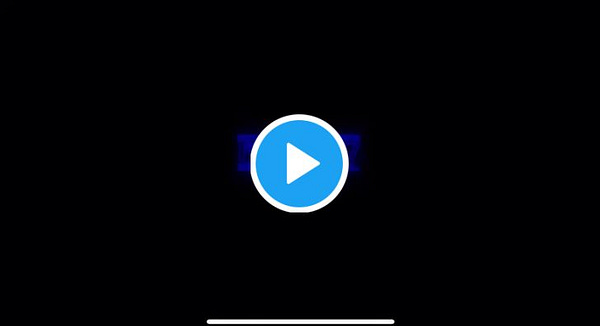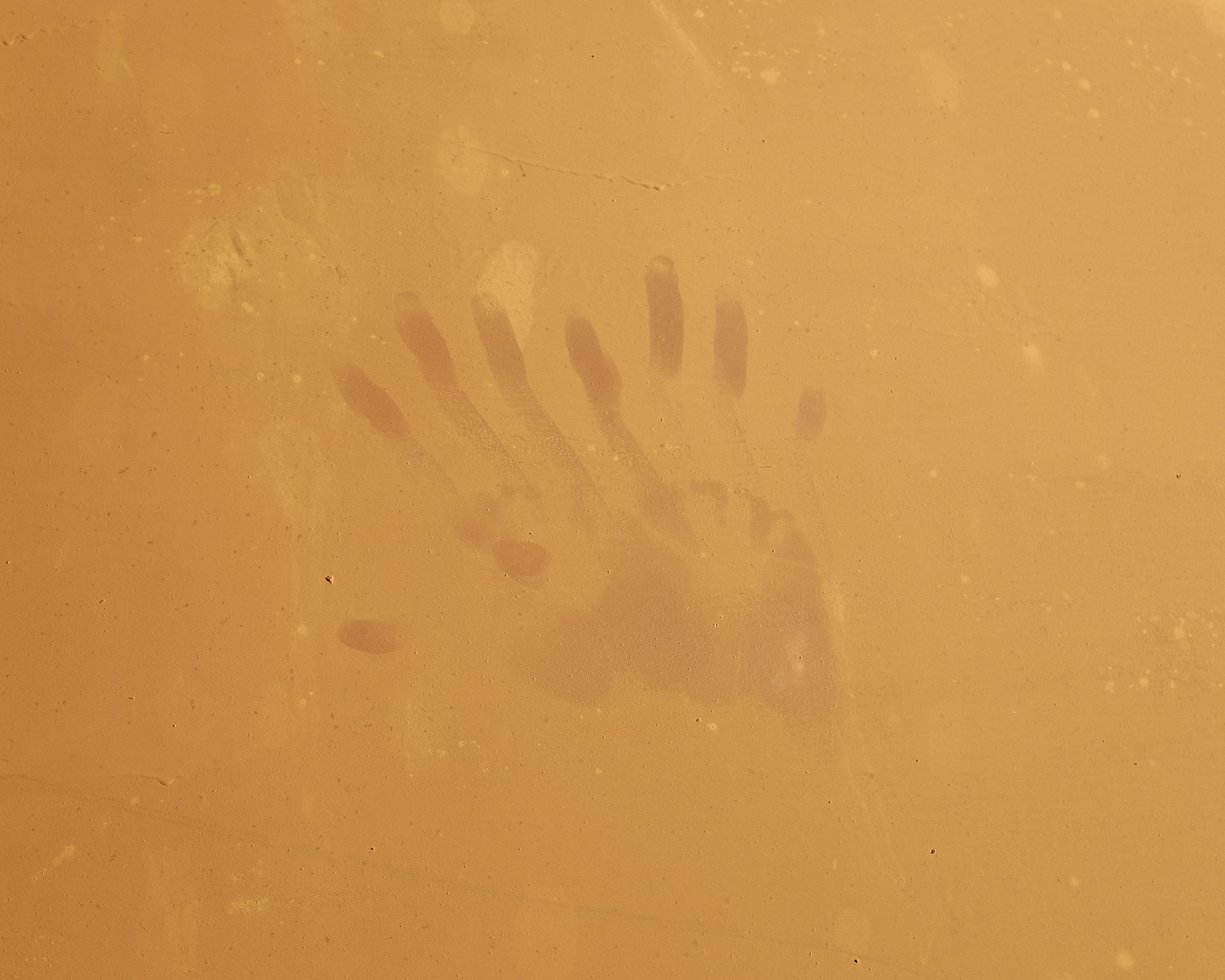There is no such thing as truth in photography.
We can only try to get as close to the truth as possible, but it will always be our truth - which, we can argue, is not really truth at all - and our honesty.
Earlier this week, I came across this thread prompted by a wonderful Twitter friend and photographer Andrew Jackson.

In the replies, truth is mentioned several times. One in particular (which has now frustratingly been deleted and I did not keep receipts) went along the lines of insisting that photographs are truth, and as long as a person has their heart in the right place then they can do anything they want to.
Let that just sit for a minute.
“They can do anything they want to”.
There’s a lot wrong with this, but I’ll start here:
There is no such thing as truth in photography.
Again for those in the back: truth in photography does not exist.
We can only try to get as close to the truth as possible, but it will always be our truth - which, we can argue, is not really truth at all - and our honesty.
Next, in no way does good intent give us an automatic right to photograph whatever we want.
As photographers, we hold a lot of power and privilege. Some of us more than others, but we all have it - we are the ones in control of telling the story, the ones who choose which parts to tell, and which parts to leave out.
The history of photography is rife with misuse of this power and privilege, and yet it continues today through a combination of ignorance, lack of education, lack of representation, a refusal to acknowledge, or simply those who wish for things to not change.
Do you know how many popular trends, movements, techniques in photography are a direct result of its problematic history?
How many photographers for example know that the typology, that overused photographic mode so popularised by Hilda and Bernd Becker, found its earliest form in colonial anthropological projects? - Lewis Bush, ‘Decolonising photography education: if not now, then when?’
I don’t trot in on a high horse; for a long time, way too long, it’s not something that even came close to crossing my mind. I’m mixed race - it’s a fucking huge privilege to not even have had to think about how photography was historically used, against even my own ancestors, until well into my twenties, and how that affects the responsibilities I carry as a photographer.
It’s resulted in what many of us (but not enough of us) see clearly - whether from an early age, or come to see it as we get older and understand the world more - the proliferation of only one gaze, only one perspective, and only one understanding.
How can anything we see be claimed as any kind of “truth” when so many voices, races, cultures, classes, perspectives, histories are not present in the photography world, let alone in the media and the images that are put out into the world and consumed?
I don’t think I need to take us through this part; others more intelligent and better writers than I have already done it before me, but we all know what I mean.
The Racial Bias Built Into Photography
For Decades, Our Coverage Was Racist. To Rise Above Our Past, We Must Acknowledge It
Otherness and the Fetishization of Subject
Stories need to be told, of course. But just because a story should be told, or needs to be, does not mean that we are the right person to tell it, even if we were the ones who had the idea.
As photographers, we stop time and immortalise memories. We’re passionate about showing any and all kinds of life and living, in all its glory and pain. Happily, many of us commit to researching and understanding the topics we choose to photograph, but not enough. We have a huge responsibility, intensified by this horrific and problematic history of photography, to who and what we photograph, and to truly consider our place - our own privileges and power - in this.
Consider that sometimes, only someone who understands the nuances, traditions, rituals, the histories, the pain carried through time, who’s been subjected to those things - only this person can tell the story as truthfully as possible.
What do we get otherwise? Stereotypes and false cliches, lack of empathy, complete misunderstanding. Shallow artistry that does not serve or benefit anyone but the photographer.
Even those which claim to show the full truth - news photography, photojournalism, documentary - even here, there cannot be absolute truth.
How many times have we recently seen this sort of thing?


Who are the people in the photographs we see? In our photographs? What are their names? Or are they just “woman”, “binman”, “cleaner”, “prisoner”, “looter”...?
By erasing their names, we effectively erase the people we’ve photographed. I’ve done this myself - not maliciously so, but from a lack of understanding and ignorance, I’ve done it. Even on this smaller scale, this is another step away from the truth.
On a larger scale, the ability to completely rewrite the truth is here.


Consider the part of the photography world that celebrates “truth” with awards and recognition:
“Along with Oxford University’s Reuters Institute for the Study of Journalism, World Press also surveyed photographers who entered the 2015 contest…
One of the most disturbing findings was that more than half of the news photographers who replied said they sometimes staged photos — with 12 percent saying they did so at least half the time.” - Staging, Manipulation
and Truth in Photography
There is so much that influences us, consciously and subconsciously; where we were born, the colour of our skin, the colour of our family and friends, what side of the country, how rich, how poor, which class, where we grew up, who we grew up with, who our parents or the people who raise us are, the words we learn, the behaviours we learn, the places we visit, who we keep as friends and lovers and peers, who we work with... It all affects us deeply, our privileges, our prejudices, our biases - our worldview.
Not to mention the short term things - our mood on the day, what catches our attention, what we decide to frame as the most important thing we’re seeing... how is the photograph affected by what we decide to leave out?


There are only a few perspectives that make up the majority of the photography world, and it’s not just who the photographs depict. It starts with us: photographers, image-makers, artists; those who help us: assistants, stylists, make up artists, runners, the people behind the scenes; those who chose what to put out there: editors, directors, the gatekeepers… all the way to the very top. And the higher you go, the narrower the view it seems.
Photography - the images that are pumped out in the world so constantly and endlessly consumed, influencing minds and biases - needs to represent the incredible range of voices in our world. Without it, we’re not even on the same planet as the truth.
End Notes
‘Decolonising photography education: if not now, then when?’
Staging, Manipulation and Truth in Photography
Discerning Photography’s White Gaze: The three top winners of the prestigious Taylor Wessing Prize depict people of color, photographed by white photographers.
The Racial Bias Built Into Photography
For Decades, Our Coverage Was Racist. To Rise Above Our Past, We Must Acknowledge It
Otherness and the Fetishization of Subject
Today’s Soundtrack
Reads
African Cosmologies — Photography, Time, and the Other
“Africa is everywhere, isn’t it? I want to elevate our way of thinking, from geography, to cosmology.”
The greatest walks in literature
“Walks, particularly lengthy ones, can be found throughout literature, offering writers the opportunity to send their subjects on emotional journeys as well as physical ones.”
Inside the US protests: pictures of a nation in turmoil
Follow
This week, in place of the opportunities section, I’m sharing a few threads in solidarity with black photographers and artists. Take some time with each of these and widen your social media bubble, there is so much incredible work here:




A note from Sirius…
“Sometimes, all you need is a good stretch.”
Hey! I’m a freelance portraiture, documentary, and adventure photographer working in London. Community and culture are the cornerstones of my work, and I also run of the land & us, an online journal for photographers exploring our relationship with the natural world.
‘Notes on Freelancing’ is my attempt to make becoming a freelance creative a bit less scary.
If you like what you read and would like to donate a strong cup of tea, you can. This twitchy-eyed creative will thank you for the support and the caffeine.
You can also support me for free by pressing the little heart button, sharing this newsletter with others, and telling me what you think. Leave a comment, or find me on Twitter and Instagram.





Such an interesting and informative read, found myself nodding along ferociously - thank you for your words and links to resources too <3